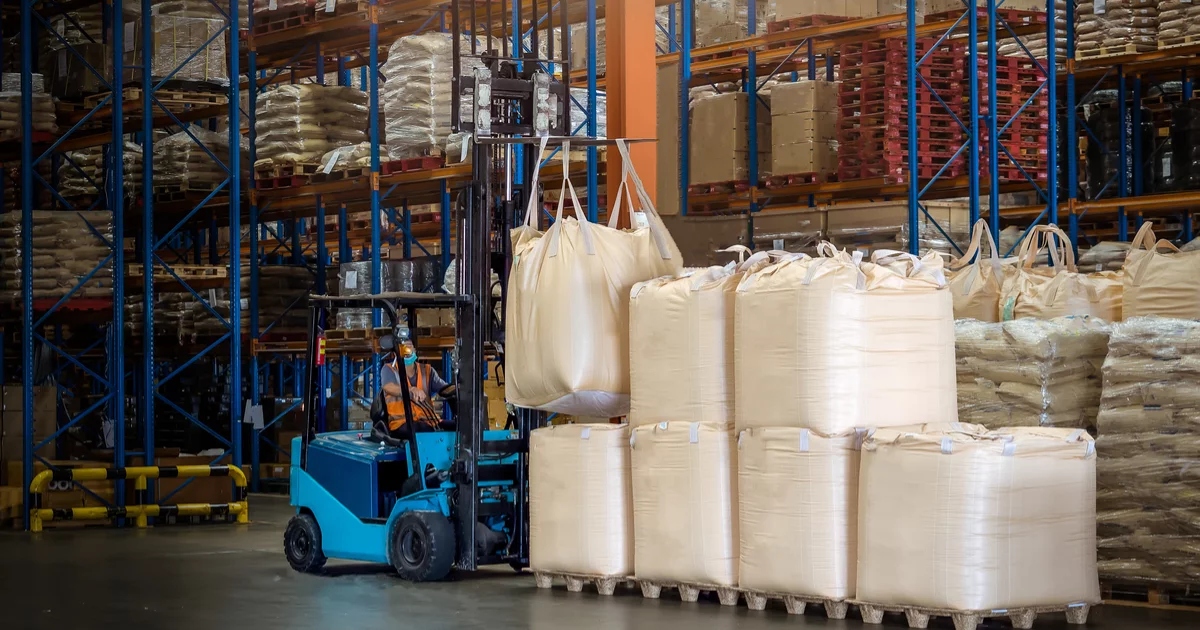TIPS FOR CHOOSING THE RIGHT FIBC BAGS FOR YOUR FOOD TRANSPORTATION AND DELIVERY NEEDS

Choosing the right FIBC bags for food transportation and delivery is crucial to ensure the safe and hygienic transport of food products. Here are some hints to help you choose the right FIBC bags for your food transportation and delivery needs.
Select the Right Type of FIBC Bag
There are different types of bulk bags for sale in the market, and each type is designed for specific applications.
Type A bags are suitable for non-flammable and non-conductive products, such as plastic pellets and sand. Type B bags are designed for flammable products but do not offer protection against static electricity. Type C bags protect static electricity, making them suitable for combustible products. Type D bags are specially designed for highly flammable and explosive products.
It is important to use FIBC bags specifically designed for food products when transporting food products. These bags are made from food-grade materials that are safe for contact with food and can help to prevent contamination.
Consider the Material of the FIBC Bag
The material of the FIBC bag is another crucial factor to consider when transporting food products. The material should be food-grade and safe for contact with food products.
Common materials used for FIBC bags include polypropylene, polyethylene, and polyester. Polypropylene is the most commonly used material known for its durability and strength, and it is also a popular choice as it is lightweight and flexible. Polyester is used for high-temperature applications and can withstand temperatures up to 200°C.
When transporting food products, it is vital to choose FIBC bags made from materials that are resistant to moisture and can help preserve the products’ freshness.
Check the Size and Capacity of the FIBC Bag
The bag should be able to hold the required amount of product without overloading the bag. When selecting the size and capacity of the FIBC bag, consider the weight and density of the product. This will help you to choose the right size and capacity to ensure safe transportation and delivery of food products.
Consider the Design of the FIBC Bag
Consider FIBC bags with airtight closures to prevent air and moisture from entering the bag. This will help preserve the food products’ freshness and prevent spoilage. Also, consider FIBC bags with liners that can help to prevent contamination and protect the food products from external factors.
Choose a Reputable FIBC Bag Supplier
Finally, when choosing FIBC bags for food transportation and delivery, choosing reputable FIBC bulk bag manufacturers is important. A reputable supplier will provide high-quality FIBC bags designed to meet the needs of your food transportation and delivery requirements.
Look for a supplier with a good track record of providing high-quality FIBC bags and excellent customer service. Also, consider suppliers that can provide custom, UN-certified bulk bags designed to meet your needs.
The sum up
Consider the type, material, size and capacity, design, and supplier when selecting FIBC bags for food transportation and delivery to ensure the safe and efficient transport of your food products.







